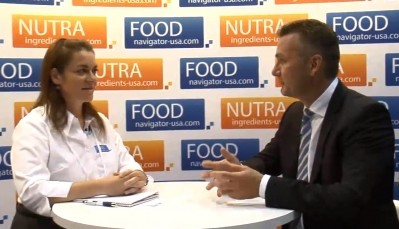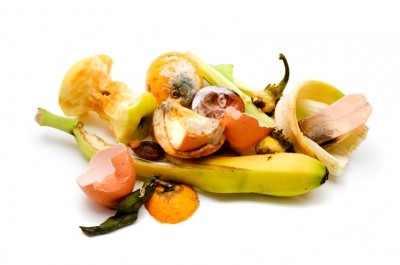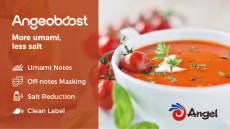Big Interview
Food ingredients industry is well-placed to improve sustainability, says DSM

In an interview with FoodNavigator, Ambjerg said that the company was always looking for ways to use its ingredients and technologies to get more out of the raw materials and by-products from food production. And – speaking as the recently elected president of the Federation of European Specialty Food Ingredients Industries (ELC) – he says that all ingredient companies have a duty to do the same.
“The food ingredients industry is extremely well-positioned to make sustainable decisions for food manufacturers and for consumers,” he said.
DSM made two major acquisitions in the enzymes and cultures business last year, buying Cargill’s enzymes and cultures division for €85m, and California-based enzymes firm Verenium for $37m. The global market for enzymes alone is expected to be worth $2.3bn (about €1.74bn) by 2018, according to the analysis from Research and Markets, and DSM is a major player.
Ambjerg highlighted the use of enzymes as a relatively environmentally friendly way to extract more oil from soybeans and rapeseed – increasing yield of high-quality oils by three to four per cent, without using acid.
“We all know that we have less water available and less land available,” he said. “…When you produce oil from soy or rapeseed, you end up with 65% of the oil that is emulsified and difficult [to use] for human consumption.”
He added: “As a food ingredients industry, we have a huge opportunity and also an obligation to help the food industry, as well as the consumer, to get more value out of the ingredient stream.”
Apart from oil, Ambjerg also spoke about using cultures to capture more of the proteins in cottage cheese production, thereby reducing waste; enzymes for the brewing industry that remove an entire cooling step, thereby reducing carbon footprint; and enzymes for bread that lengthen shelf life, thereby reducing waste.
But extracting more from raw materials and reducing and utilising waste is clearly not just about the potential benefit for the environment. It also gives food makers ways to differentiate their products – and to save money.
“We can help to make affordable products for the consumer, get more out of products and also make them healthier,” he said.
“We continue to look at our industry. We are working with the meat industry right now, looking at a side stream which could be used to do more….It is our duty to do that.”

























